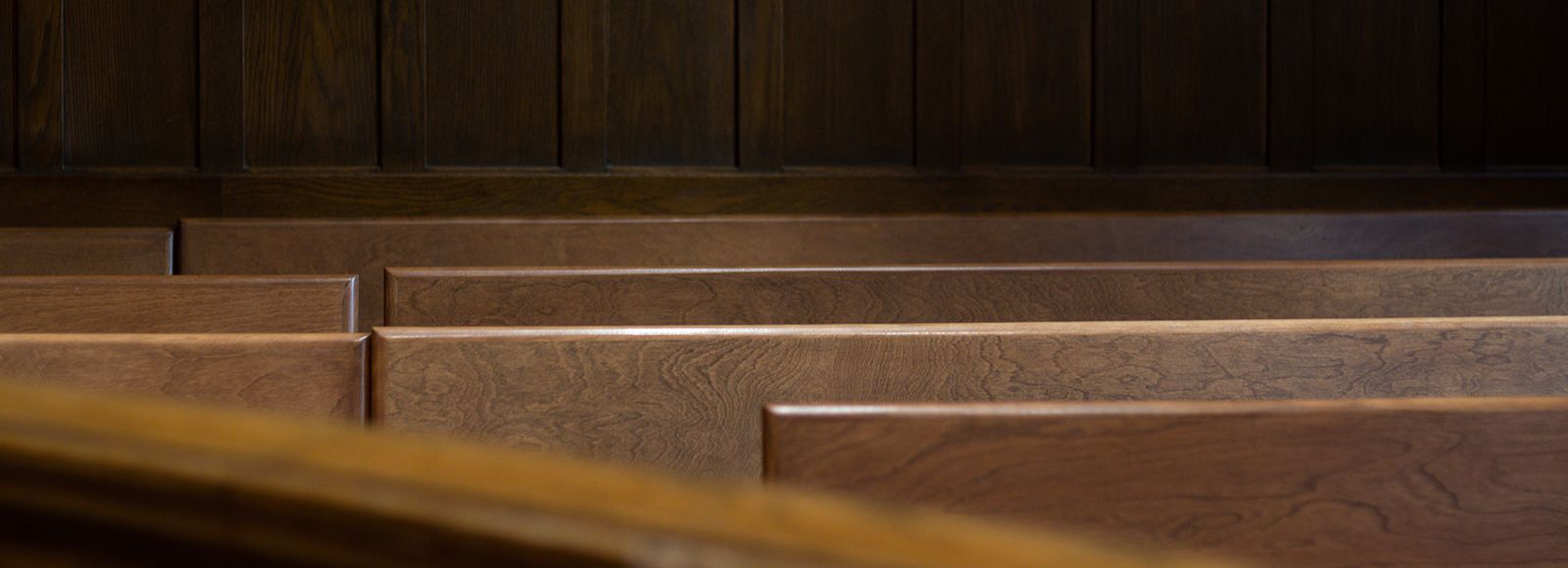Split decision expands charter rights to lawyer when detained

In a split supreme court decision, an Alberta man was recently rewarded with a re-trial of his murder case.
In doing so, the Supreme Court has effectively widened the privileges ascribed to s.10(b) of the Charter, which is the right to counsel under police detention.
The decision pertains to two police interactions had by a Nigel Lafrance. First, police showed up to his property and executed a search warrant. They didn't inform him of his right to counsel under this Charter right. And, after they arrested him, they also denied him the ability to speak with a lawyer during interrogation, which is where Lafrance confessed to the murder.
While the decision was deeply split when ruled in July 2022 by the Supreme Court, the majority of SCC jurists say that the police erred when they interacted with Lafrance; that, essentially, an accused person is supposed to be able to consult with their legal counsel.
Applying the Charter's protection under s.10(b) is, according to the majority, supposed to be widely cast and generous in its application in protecting citizens against the state.
As you might expect, R. v. Lafrance deals heavily with constitutional law, and in particular how cases involving s. 10(b) ought to be applied. For example, the police told Lafrance several times that he was free to leave. But at the same time, there was a significant amount of contextual parameters which heavily suggested otherwise, which was highlighted repeatedly throughout the recently-penned jurisprudence.
It wasn't until three weeks after his initial 3-hour-long interview with police after they came to his home that he was arrested. There, in the police station, he spoke to a legal aid lawyer for about 15 minutes and then told the police that the legal aid lawyer wouldn't be showing up to the station. The police denied Lafrance's subsequent request (5 hours later, during interviewing/interrogation) to speak to his father.
In dissent, numerous top Canadian jurists highlighted some potential problems that this ruling could create in the future for Canada's police, since the ruling itself defines and lends credence to the concept of a psychological detention as opposed to a proper legal definition of detention.
"Second, we consider that the majority overemphasizes the perspective of a reasonable person in the particular circumstances of the accused. This approach provides little to no guidance to police in determining whether they have psychologically detained someone in carrying out their regular duties. It risks turning every common police encounter into a detention and creating situations where police are unable to control whether they breach Charter rights. For example, what reasons for the detention should the police provide to an individual, as required by s. 10(a), where they have no intention to detain him or her, but a reasonable person may nonetheless conclude a detention exists? How can the police avoid infringing the right under s. 9 against arbitrary detention when they are seeking to obtain information? It does a disservice to the administration of justice if we put police in a “Catch‑22” situation regarding psychological detention when they want to put questions to an individual."

